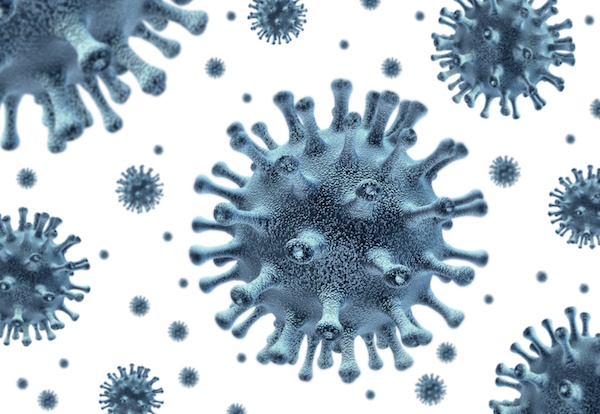
MONDAY, April 19 (HealthDay News) — Treatment-resistant ringworm is common among urban elementary school children, U.S. researchers report.
They studied 10,514 children in kindergarten through Grade 5 at 44 schools across the bi-state Kansas City metropolitan area, and found that 6.6 percent of them were infected with the fungus (T. tonsurans) that causes ringworm, which can cause scaly, itchy scalps and hair loss.
Infection rates varied by age and race. More than 18 percent of black children in kindergarten and the first grade were infected. That rate dropped to 7 percent by fifth grade. Infection rates were 1.6 percent for Hispanic children and 1.1 percent for white children. The reasons for the higher rate among black children aren’t clear.
The study is published in the April 19 online issue of Pediatrics.
“The organism T. tonsurans has become the leading cause of scalp infection in the U.S., and we believe it is on the rise in inner city areas,” study author Susan Abdel-Rahman, a professor of pediatrics and pharmacy at Children’s Mercy Hospitals and Clinics, said in a news release. “This study supports what I and many of my peers are seeing, children with scaly, itchy scalps and hair loss are prevalent in metropolitan areas. If not treated, ringworm can lead to permanent hair loss, which can damage a child’s self-image. There is also some evidence that it may worsen seemingly unrelated problems such as asthma and allergic rhinitis.”
The oral antifungal medicine used to treat ringworm does not completely eliminate the fungus in many children, which means they can spread the infection to others even after treatment.
“T. tonsurans has learned how to stay on the host and avoid eradication. This can be very frustrating for children who keep getting re-infected and for their parents who are doing everything they can to prevent this,” Abdel-Rahman said.
“We have only recently started to appreciate just how many children carry this pathogen so we don’t yet know the best way to tackle this problem. However, I do advise parents to limit the sharing of items that come into contact with the scalp, such as hats, combs, brushes and pillows. Watch closely for signs of infection, such as flaking that looks like dandruff, white patchy scaling, itching, hair thinning or loss, and small pus-filled bumps, especially when your child has come in contact with another infected child. Make an appointment to see your doctor if you suspect that your child is infected and make sure to take the prescribed medicine as directed along with the application of a medicated shampoo two to three times a week.”
More information
The Nemours Foundation has more about ringworm and related infections.

